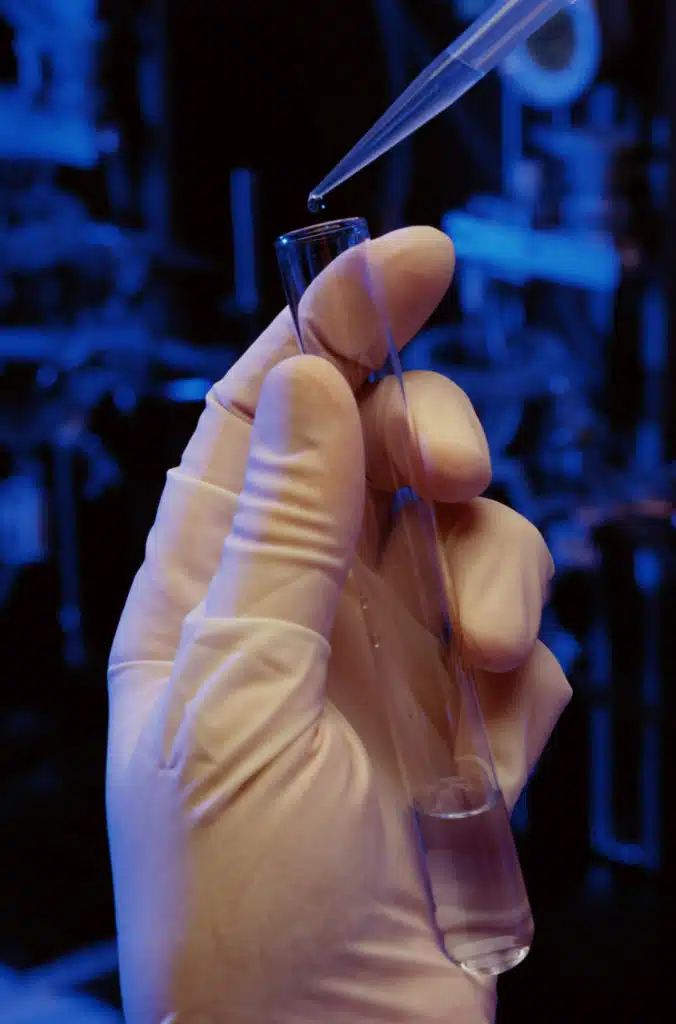Mainstream employment may improve the quality of life and behavioural problems of people with Down syndrome, a Perth researcher has found.
Kitty Foley, of the Telethon Institute for Child Health Research, found that participation in employment was associated with improved mental health outcomes and quality of life not only for the person with Down syndrome but also their families.
“We have found that, for those young adults participating in employment in the mainstream workforce, their families report trends towards better family quality of life and improving behaviour in the young person with Down syndrome overtime,” says Kitty, a PhD student at the institute and Edith Cowan University.
Her study followed approximately 200 young people with Down syndrome through their transition from school to adulthood. Families were sent questionnaires in 2004, 2009 and 2011, asking about the person’s activities, behaviour, occupations, hobbies, friends, families, communication, support and medical impairments.
Down syndrome occurs in approximately one in 600 births and is an intellectual disability that affects individuals to varying degrees. Young people with Down syndrome have increased rates of behavioural problems compared to the general population, as well as minimal participation in employment and reduced participation in leisure activities.
The life expectancy for Down syndrome has increased from 12 years old to approximately 60 years old over the past two generations, bringing the issues of participation and employment i
“The improvements in life expectancy for people with Down syndrome is very encouraging; however, it is now just as important to ensure that there are enough appropriate supports to allow these young people to participate in society and lead lives that are fulfilling and meaningful,” says Kitty.





 Fresh Science is on hold for 2022. We will be back in 2023.
Fresh Science is on hold for 2022. We will be back in 2023.